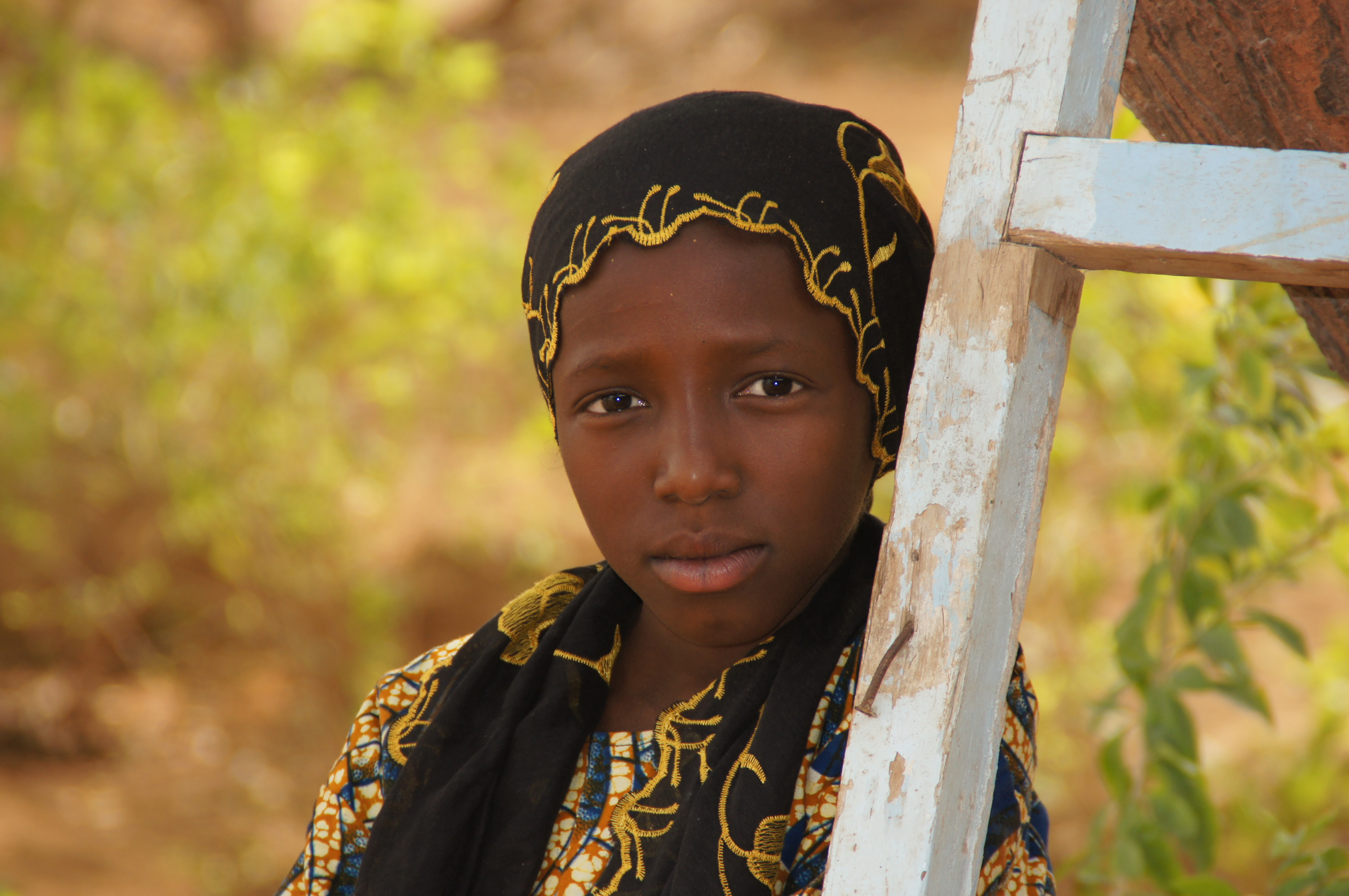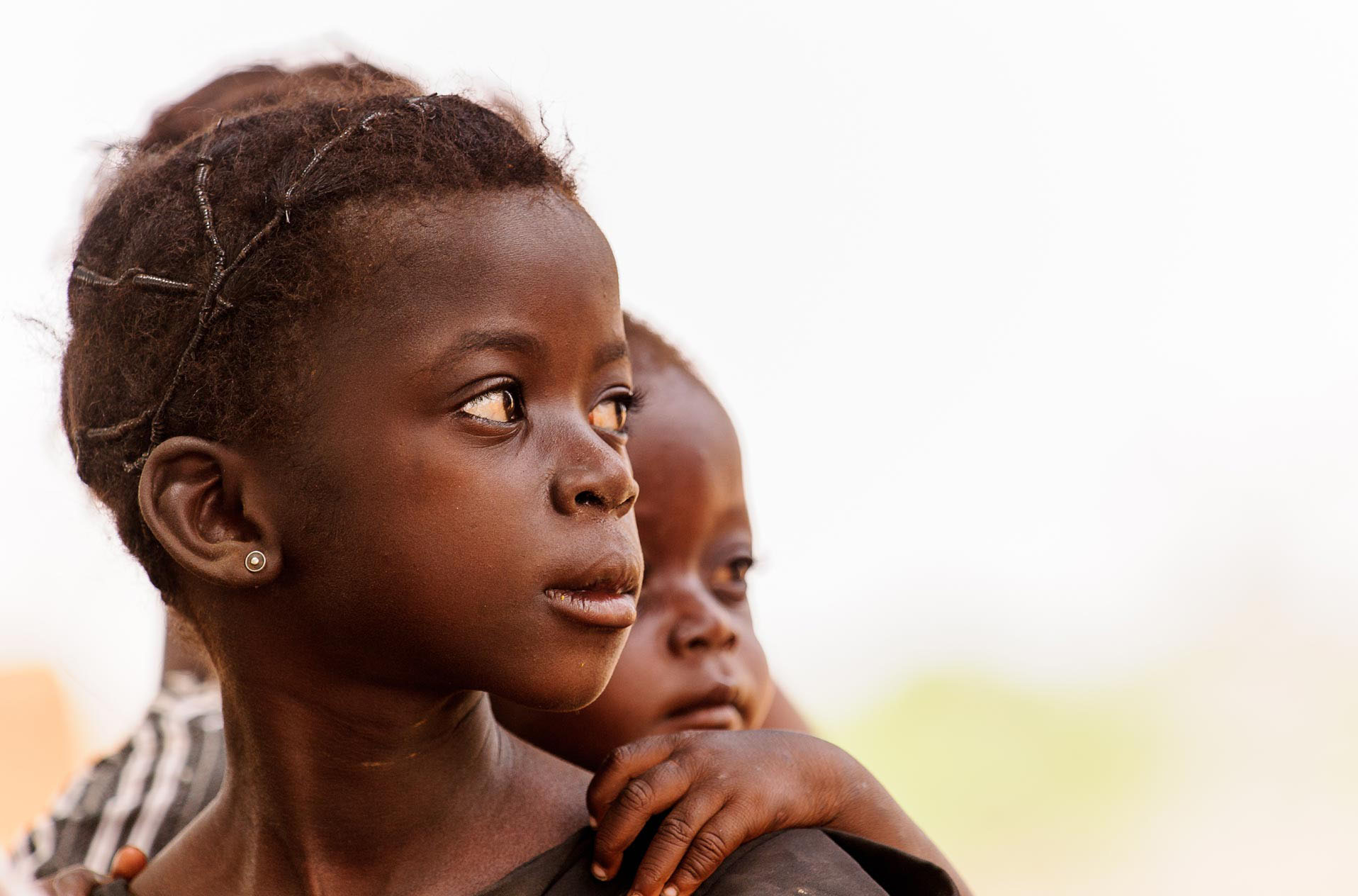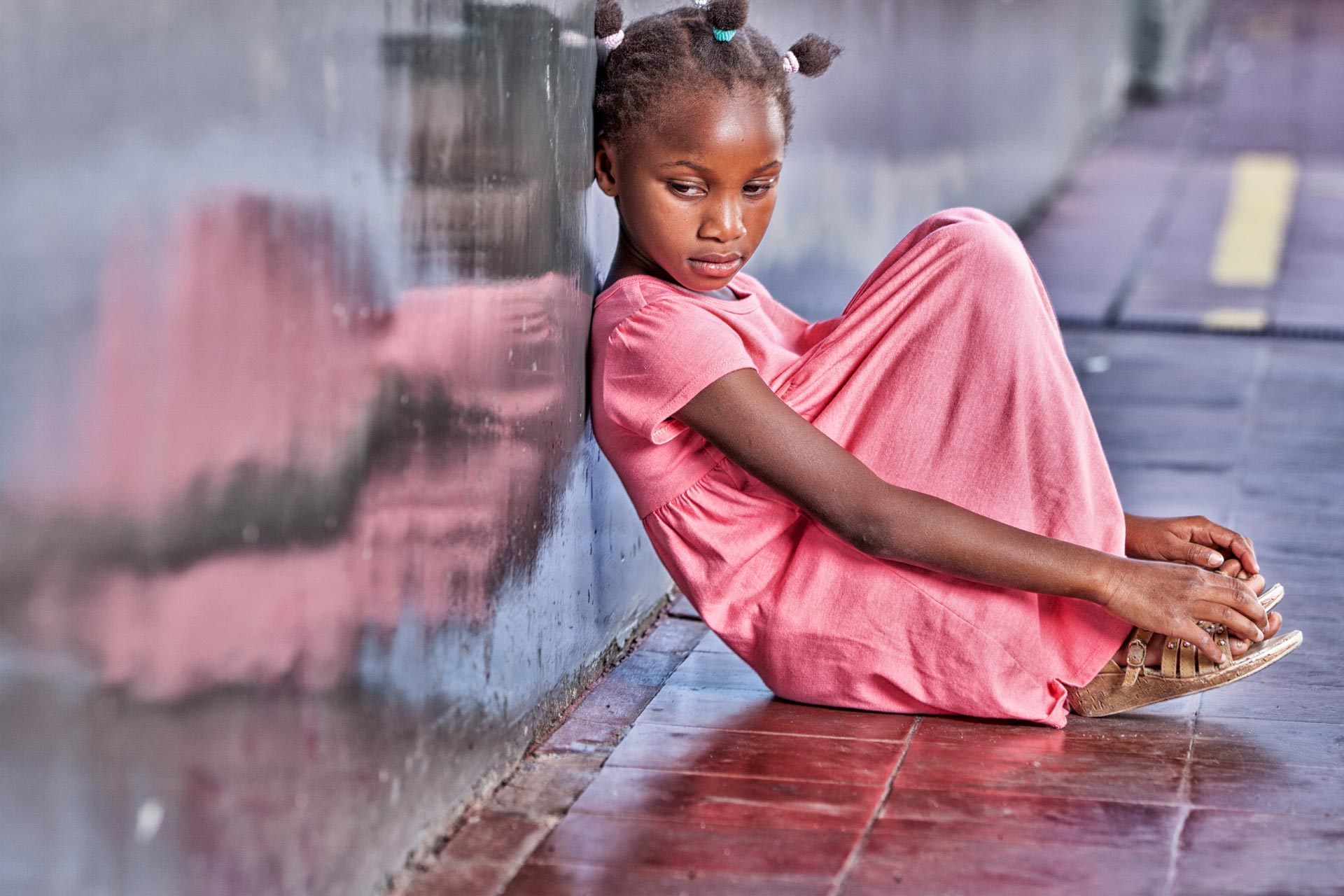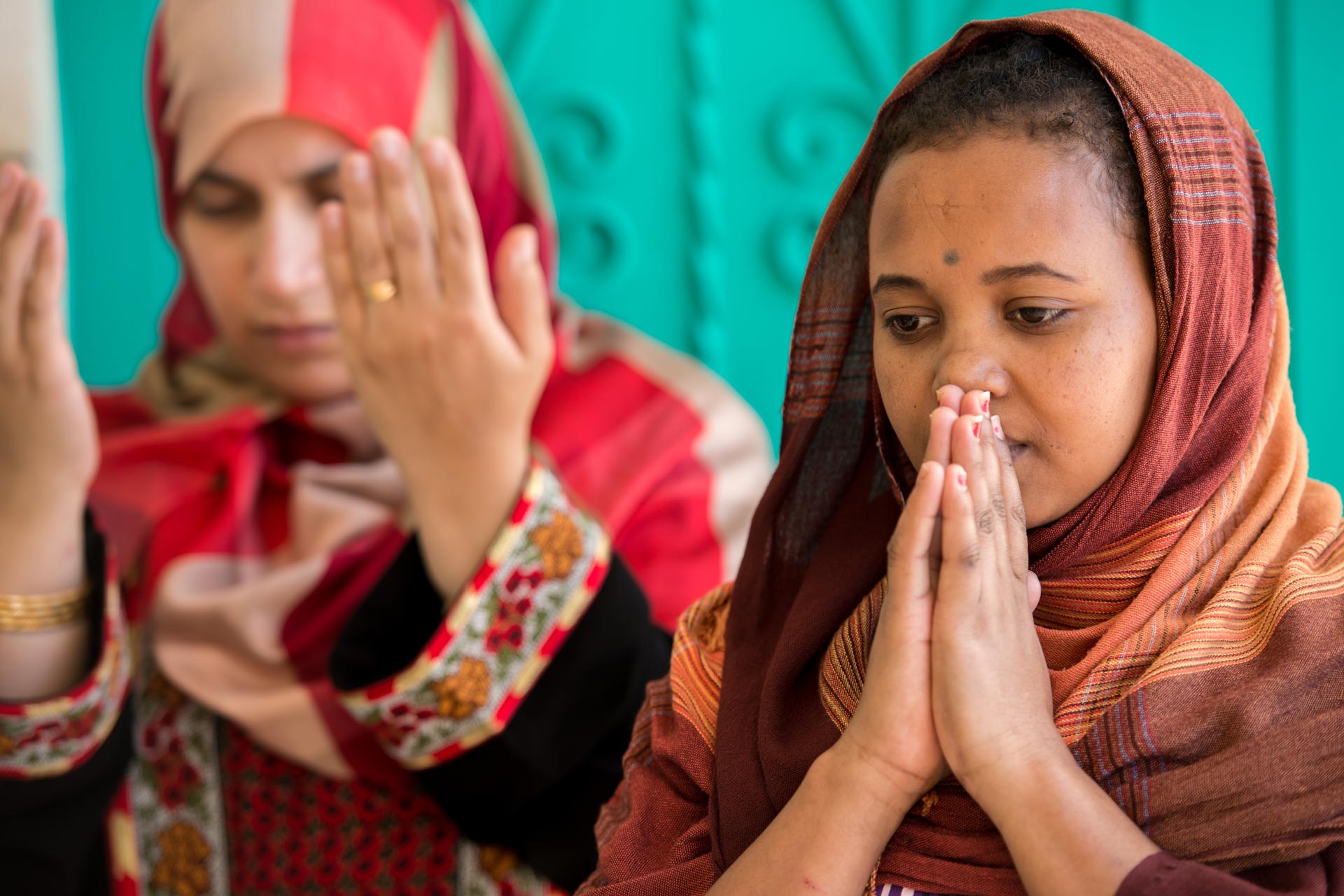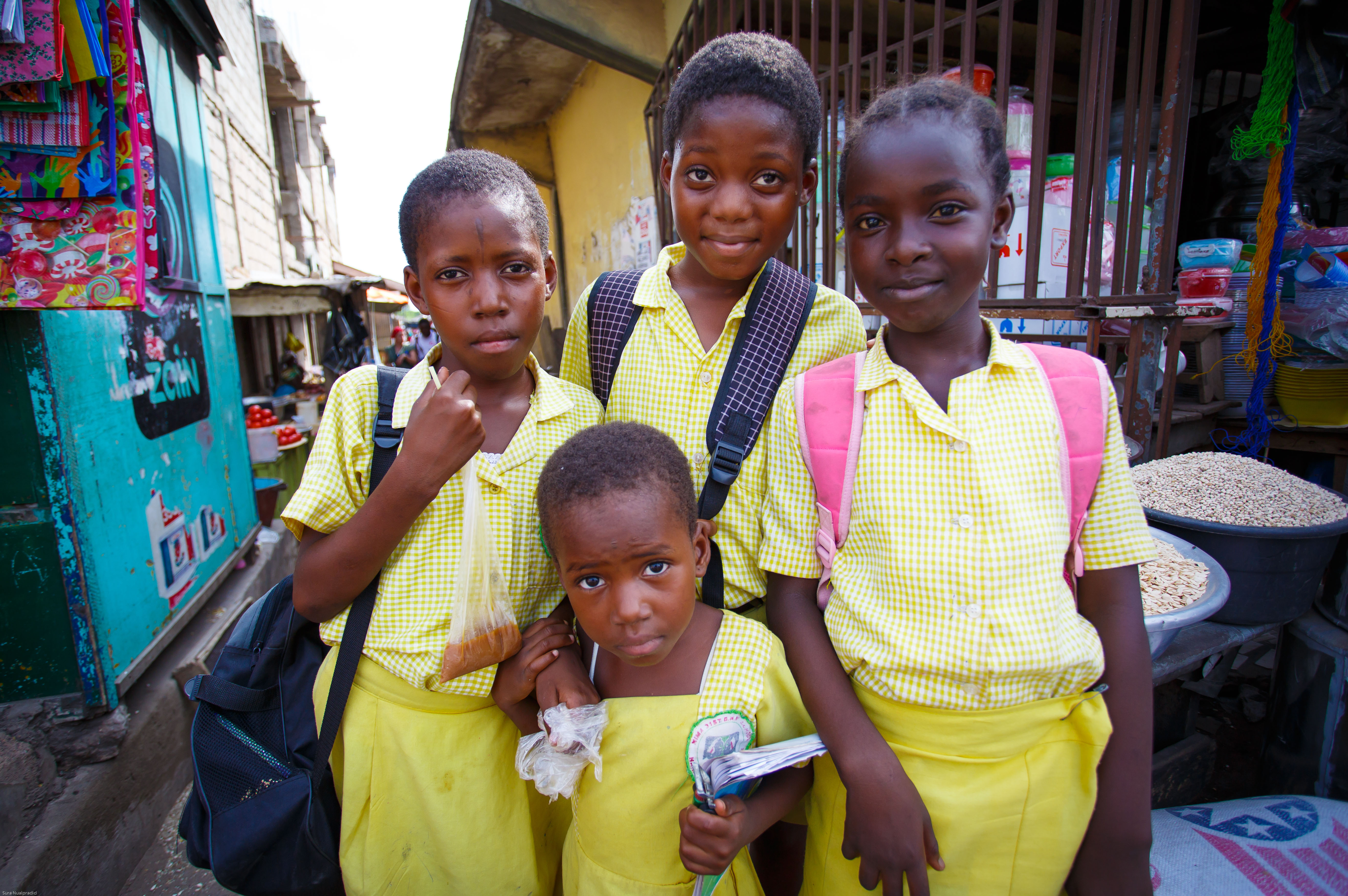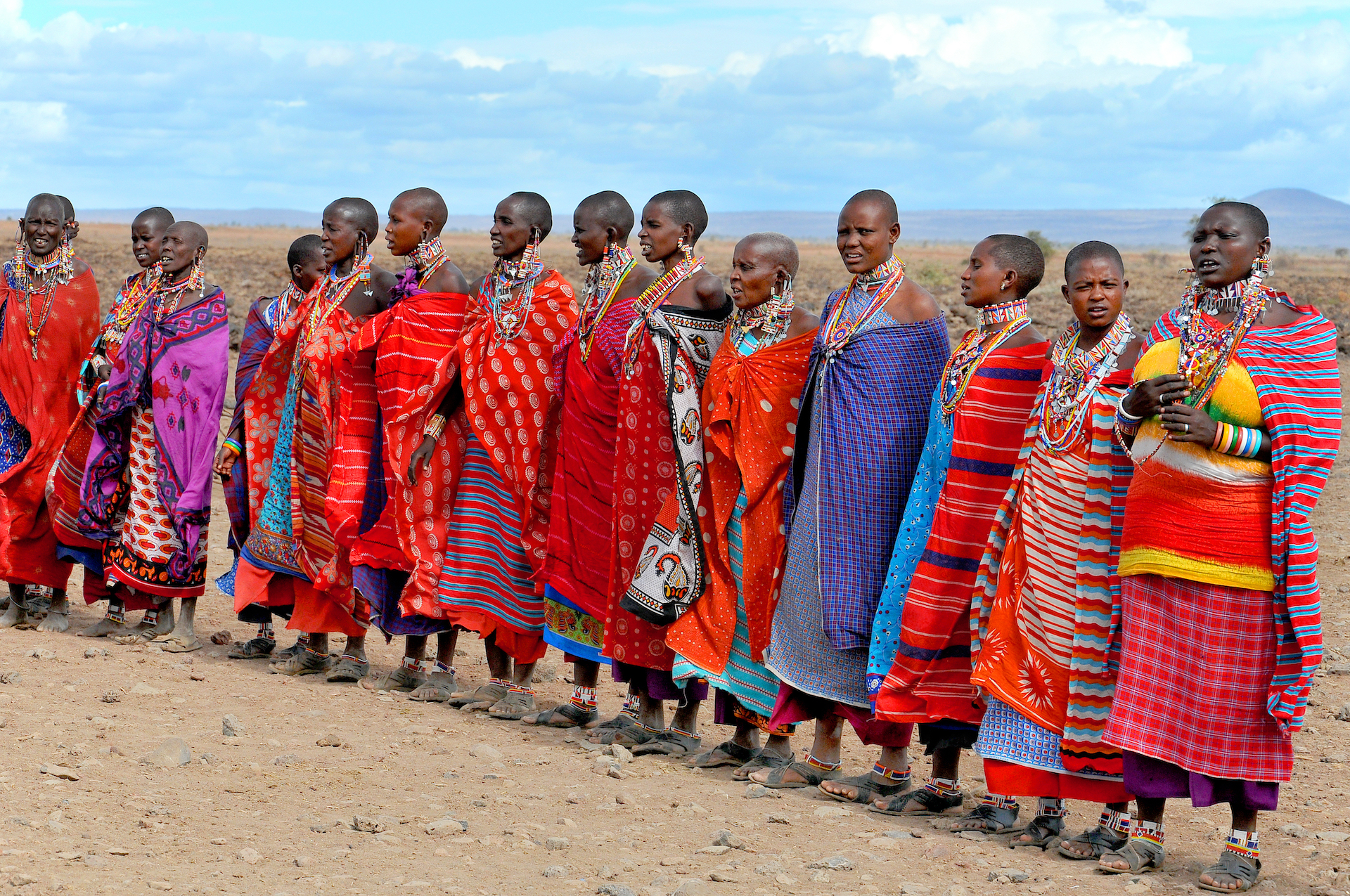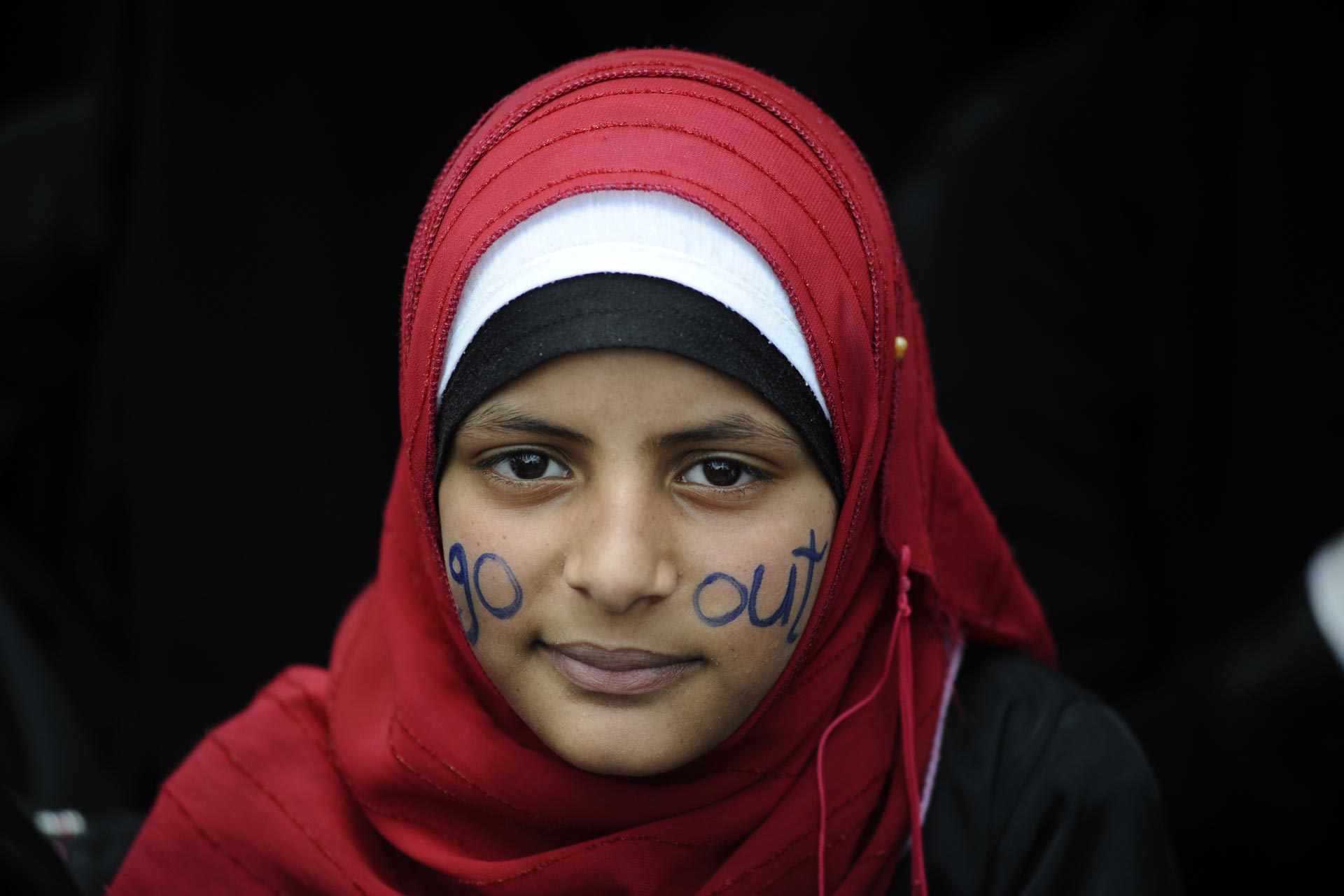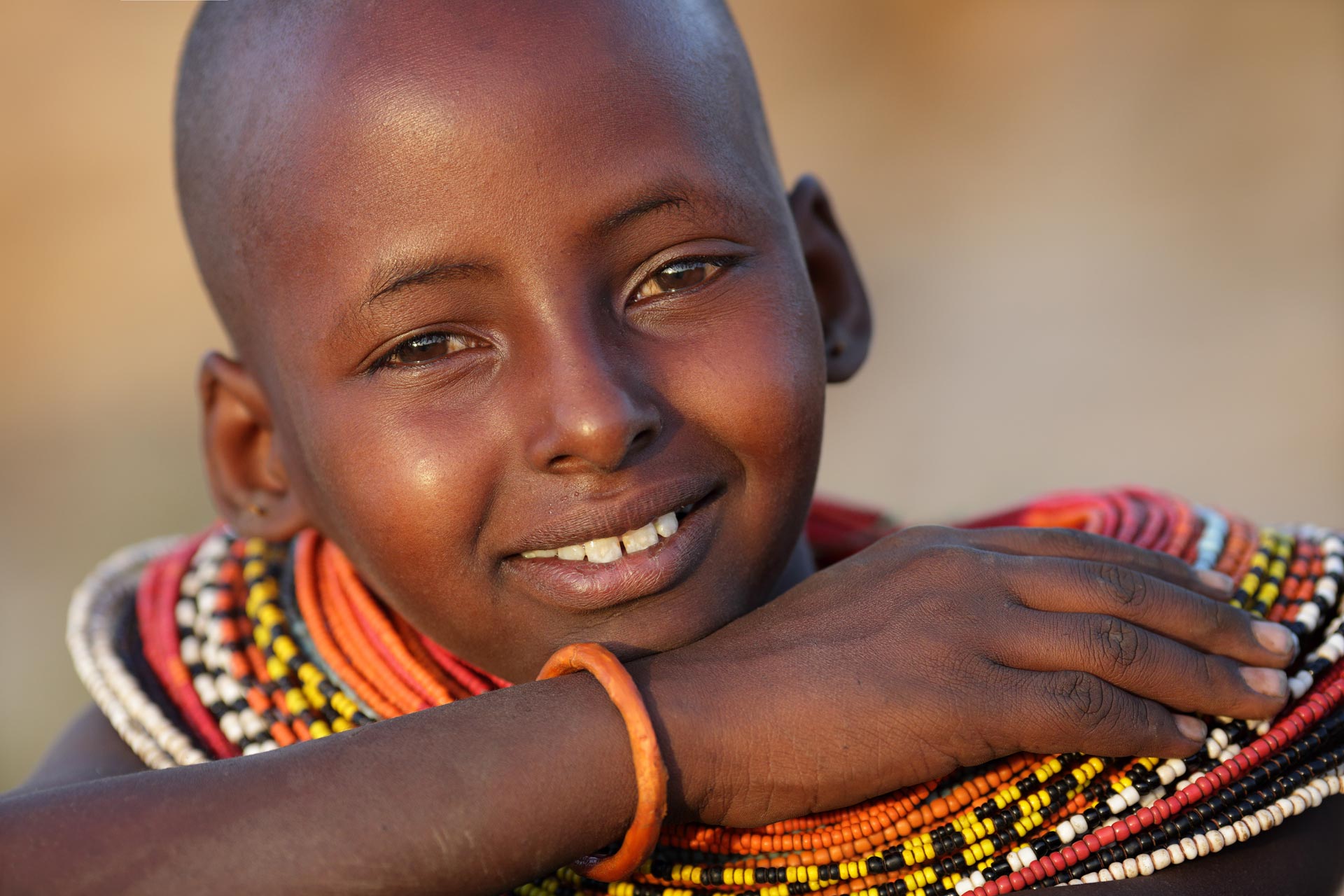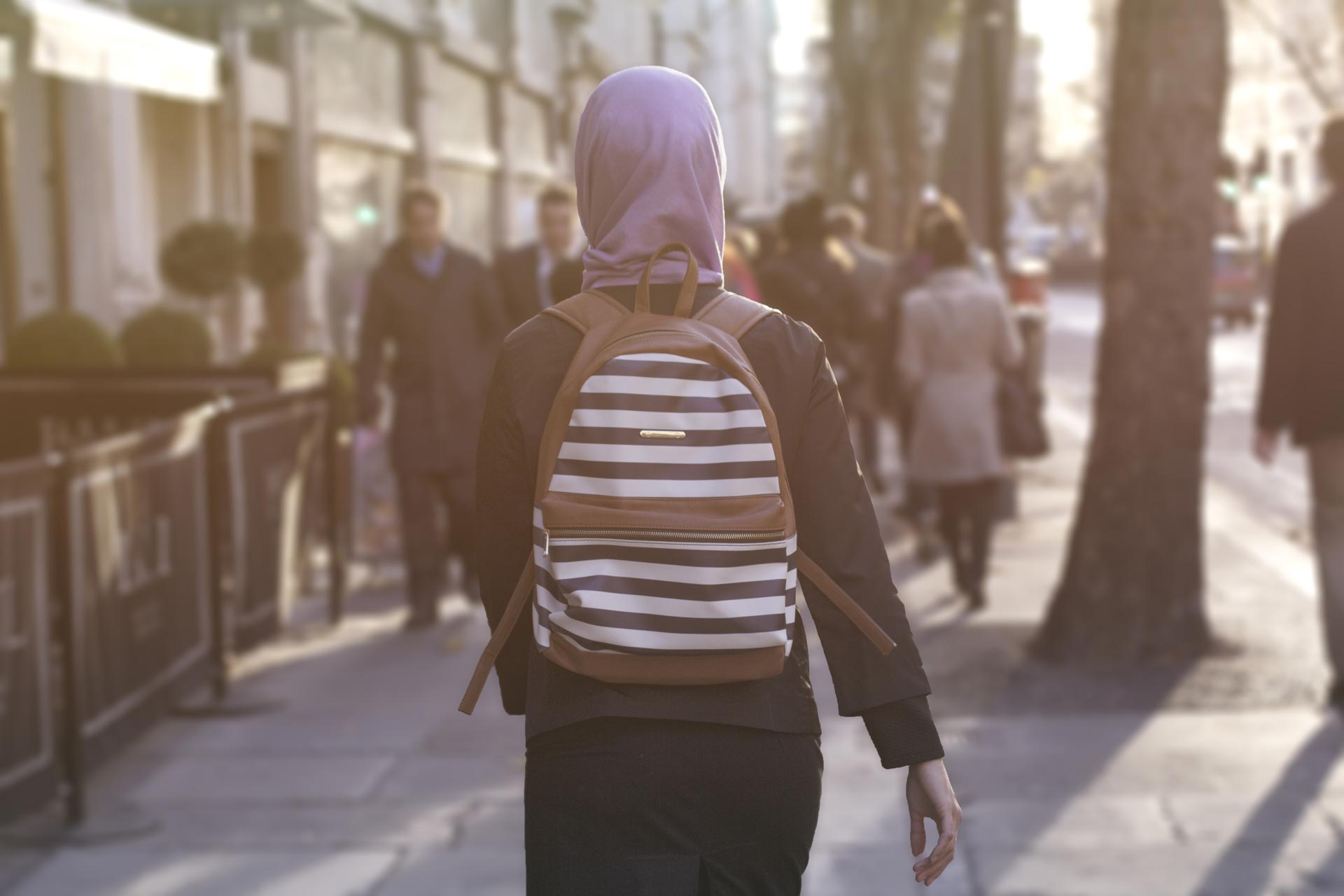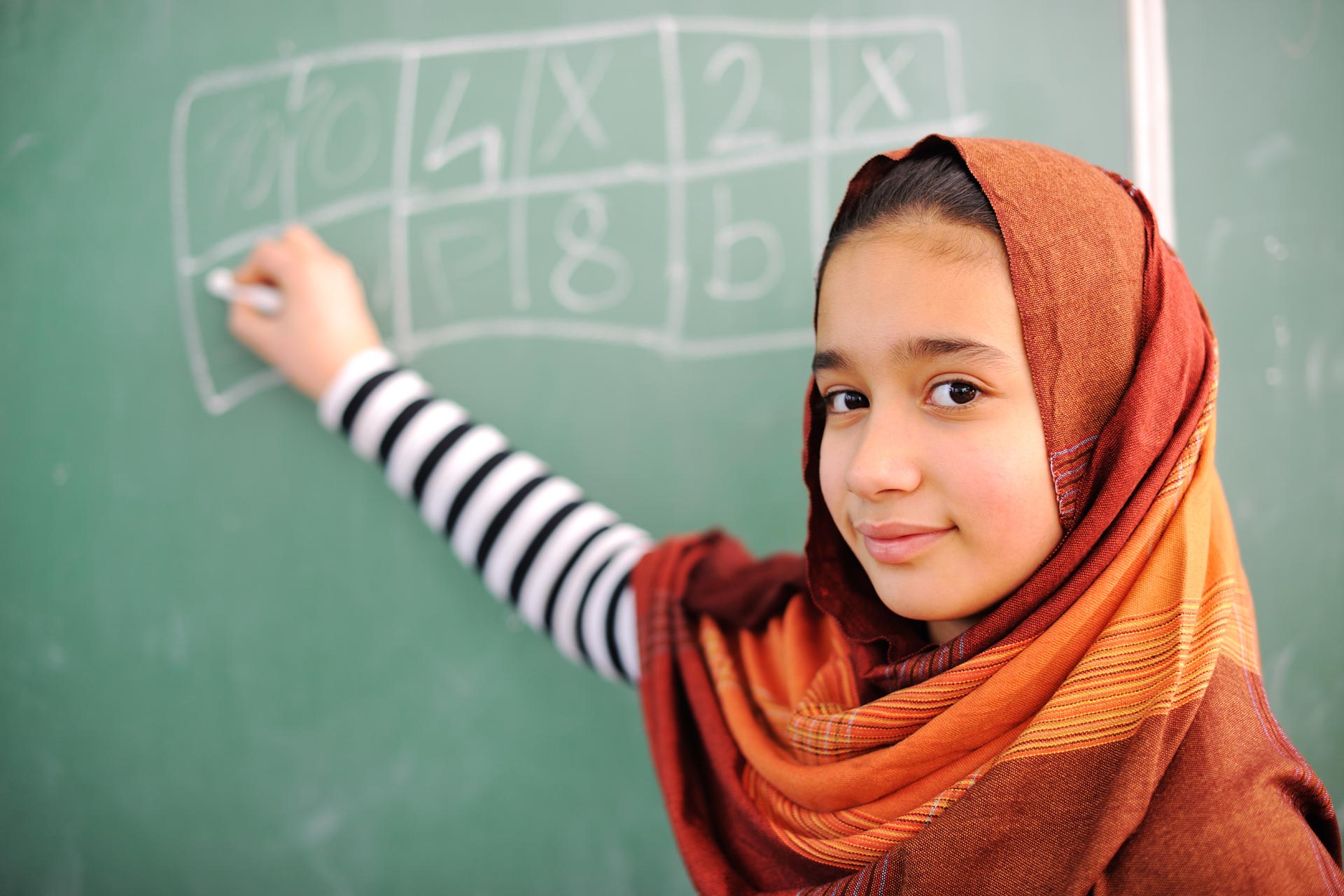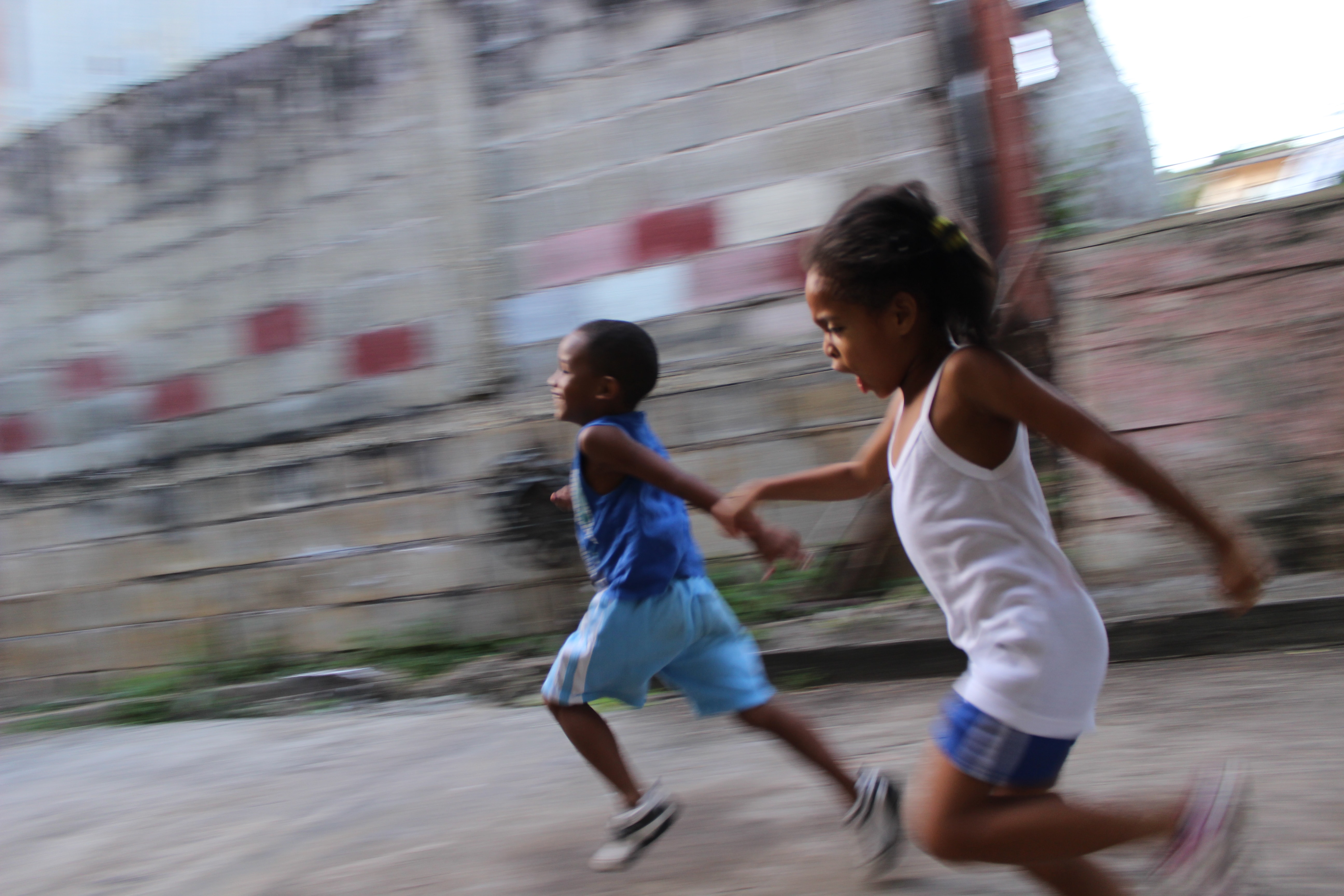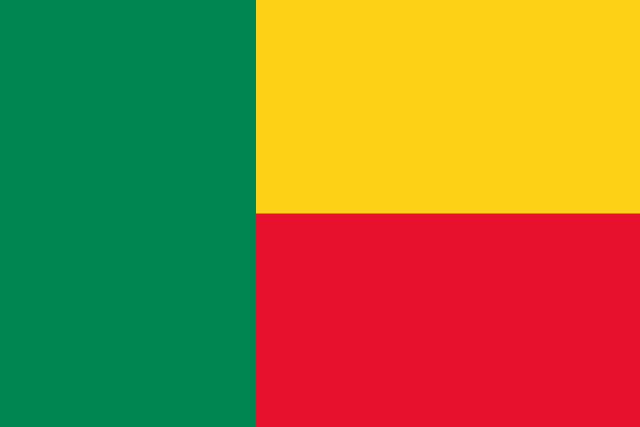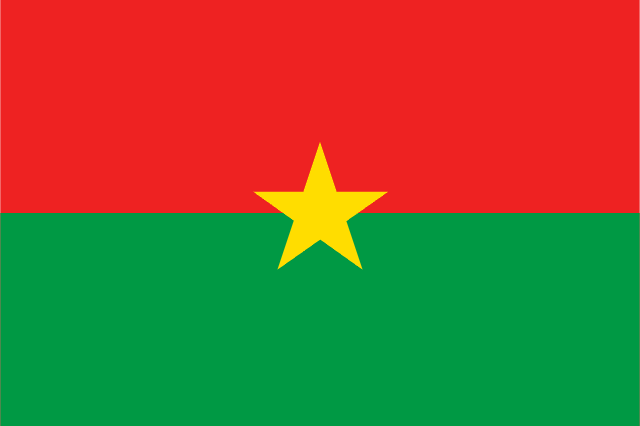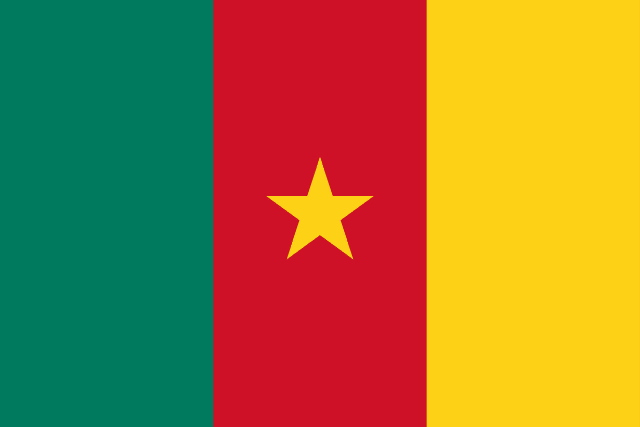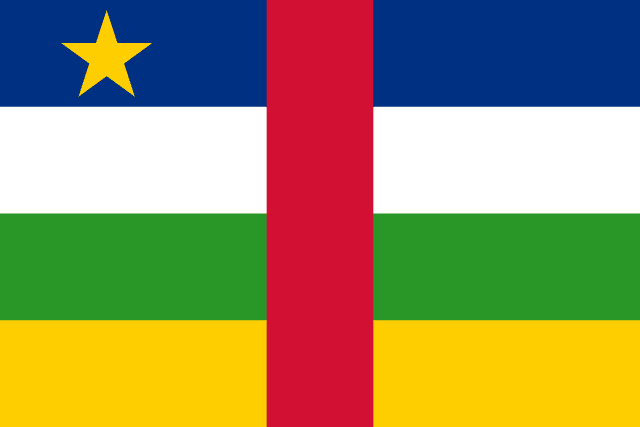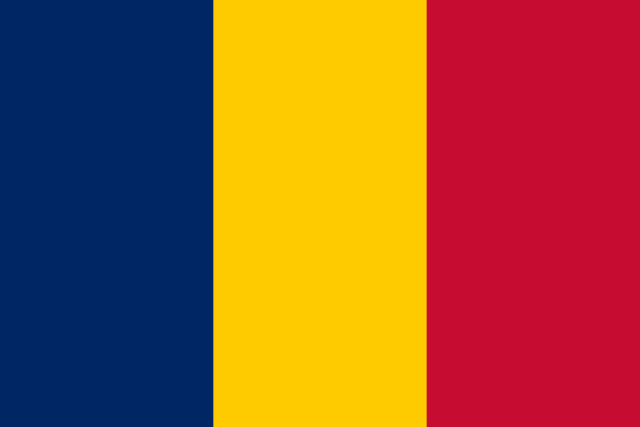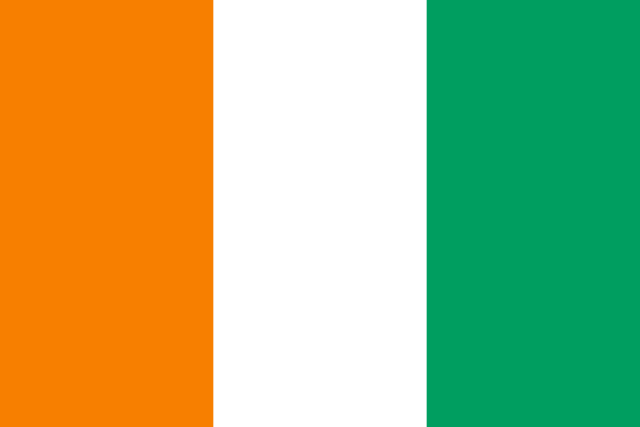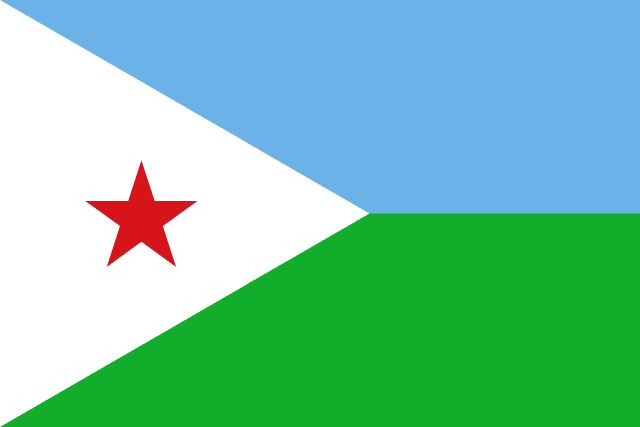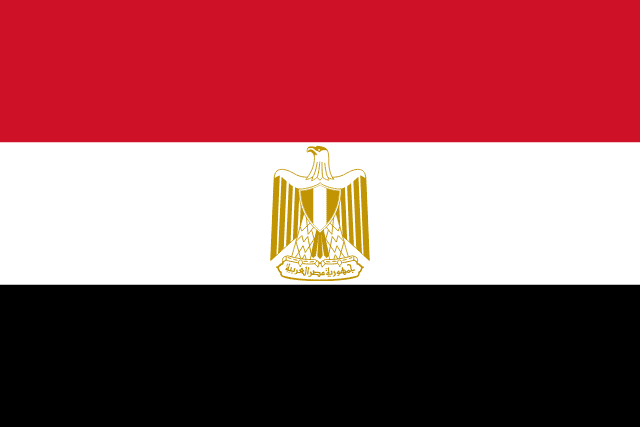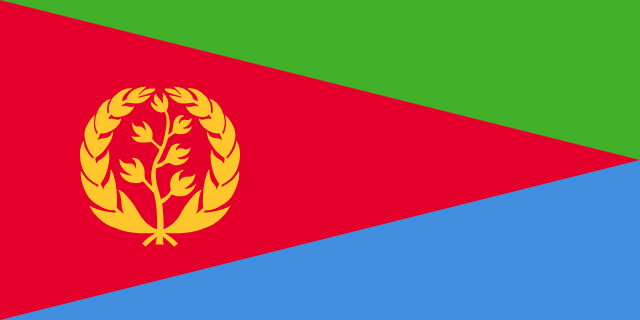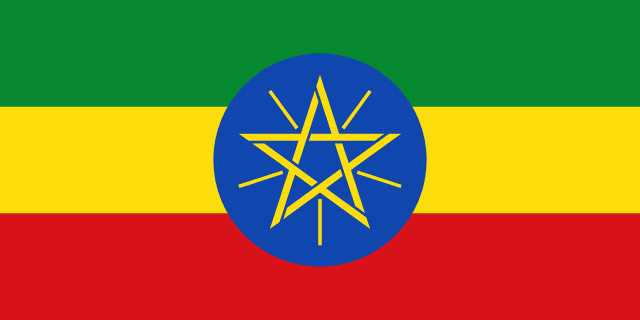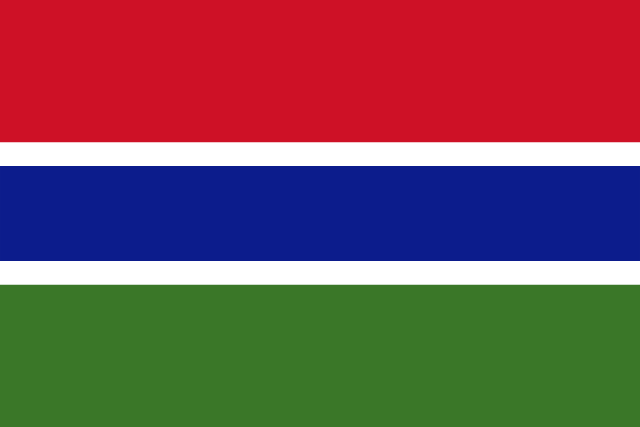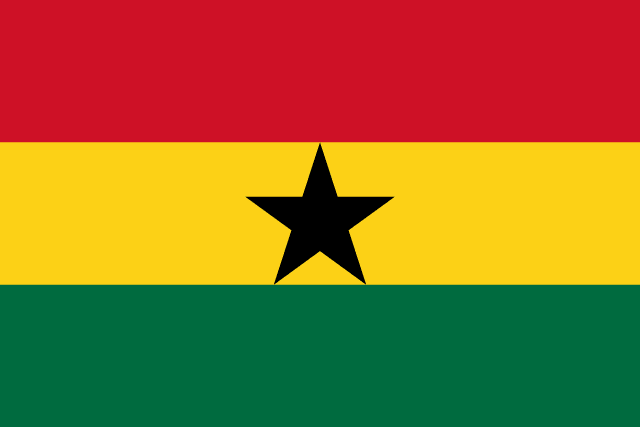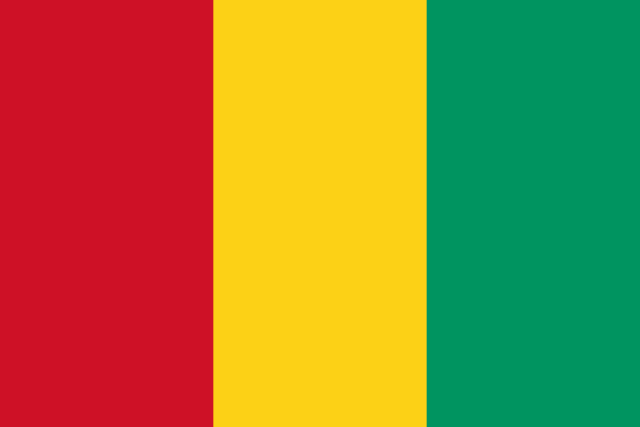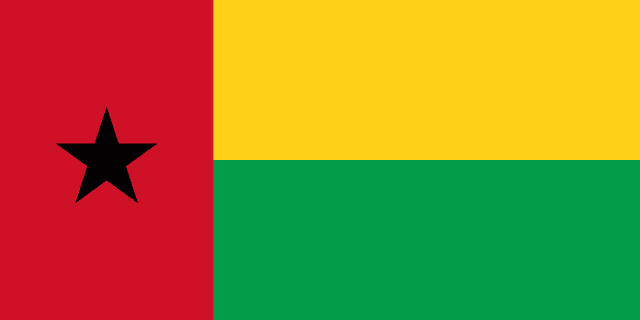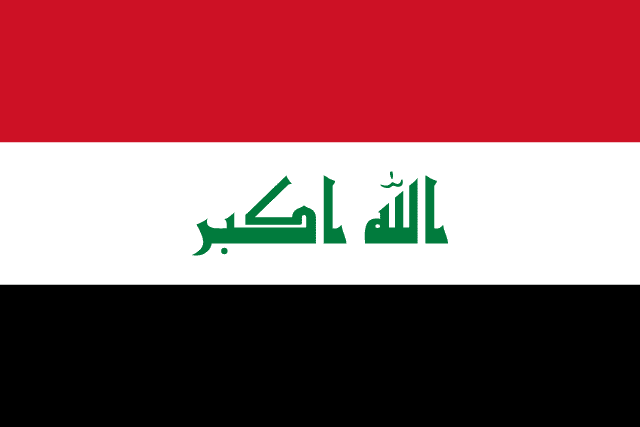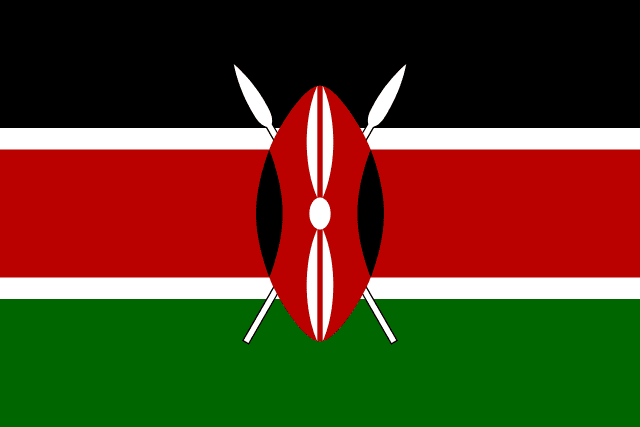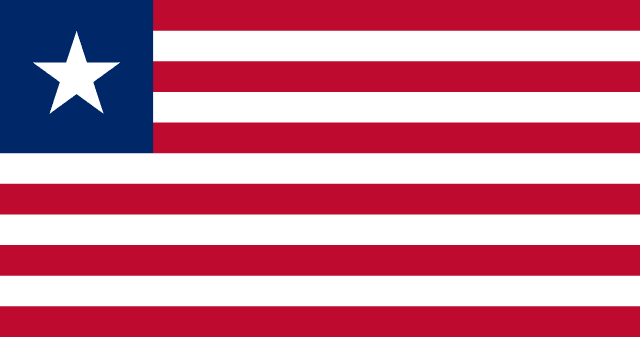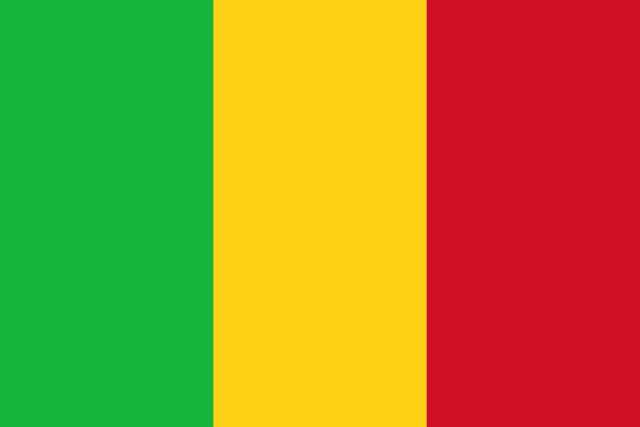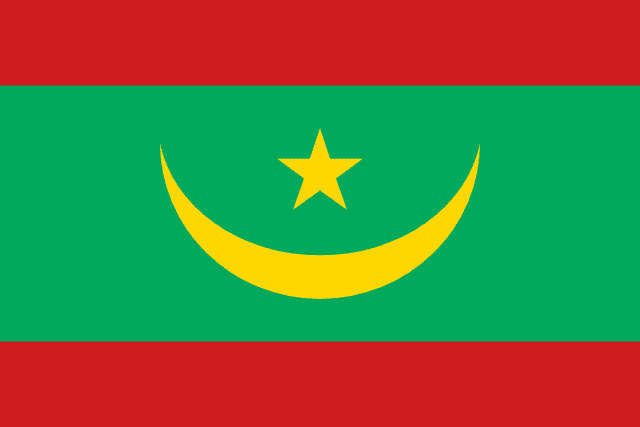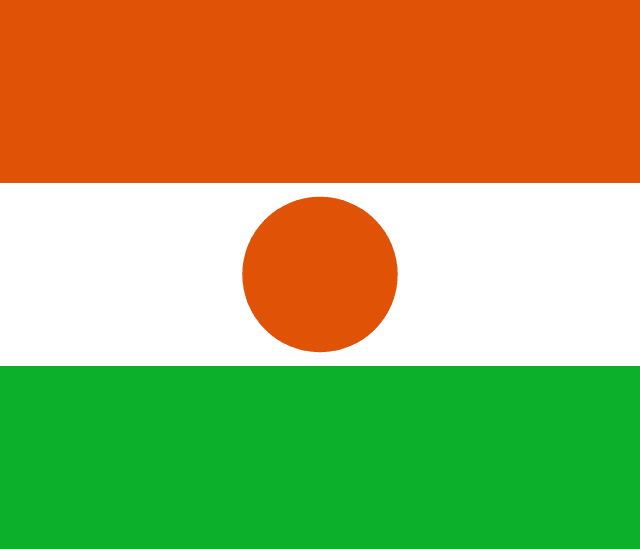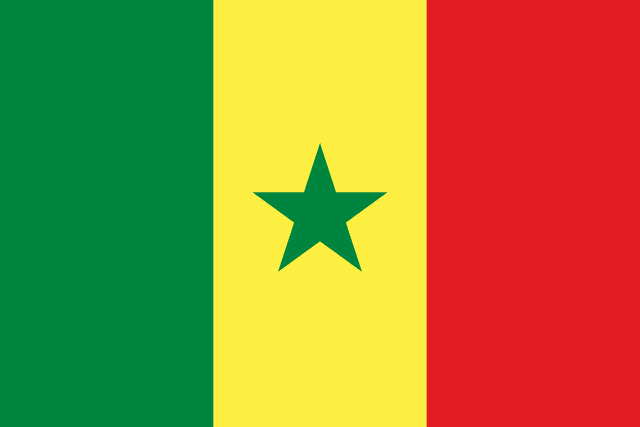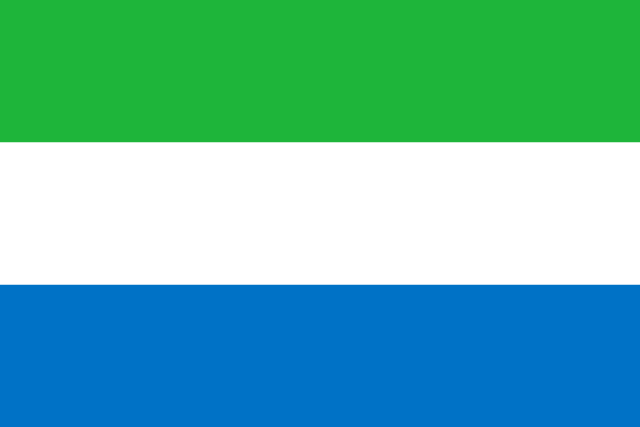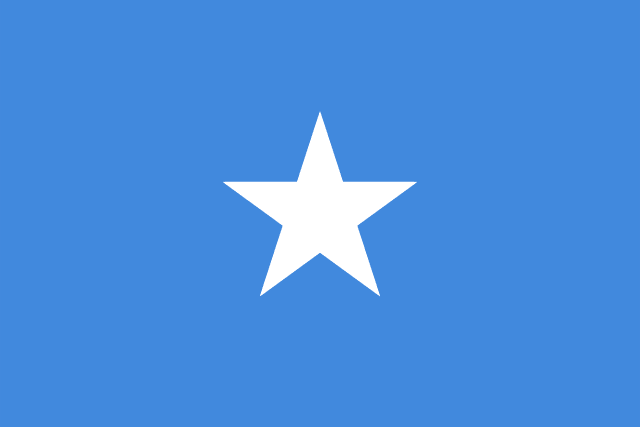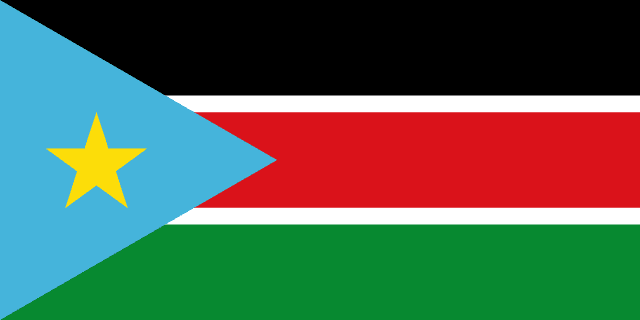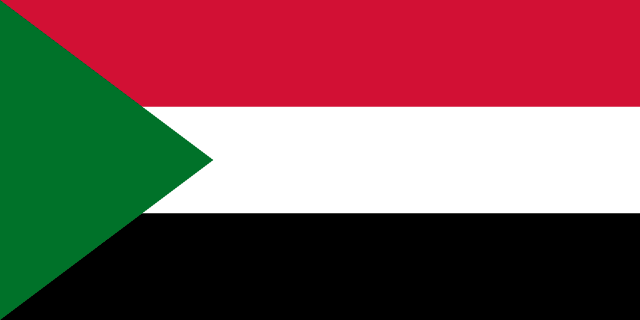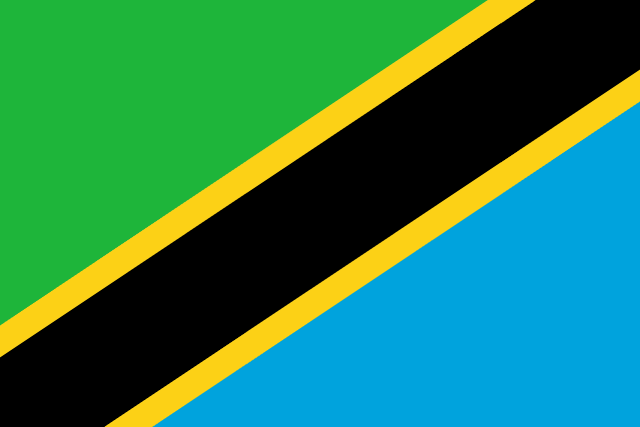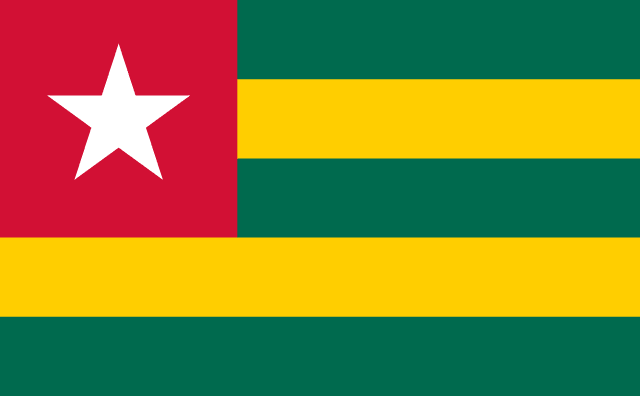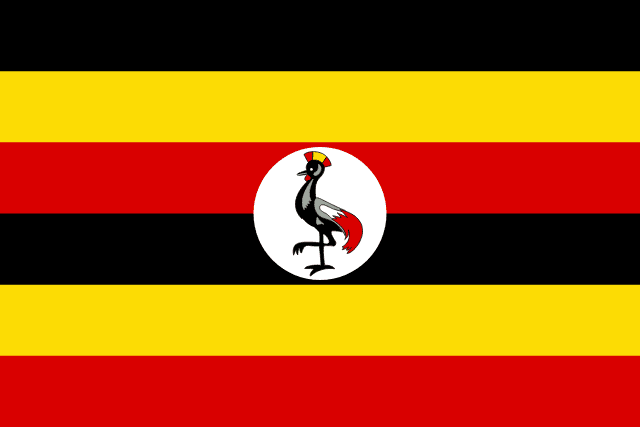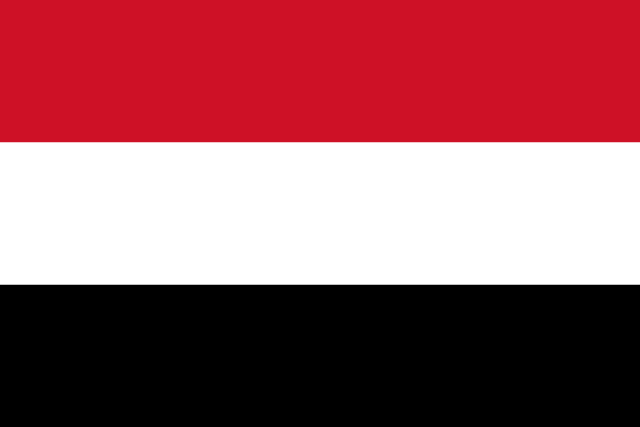Our Latest Research
Malaysia Country Profile (2024)
This Country Profile provides comprehensive information on the most recent trends and data on female genital cutting (FGC) in Malaysia. It includes an analysis of the current socio-political situation, legal frameworks and programmes to make recommendations on how to move toward eradicating the practice. Its purpose is to equip activists, practitioners, development partners and research organisations with the most up-to-date information to inform decision-making on policy and practice in the Malaysian and South East Asian contexts. Academic research undertaken by professionals of various disciplines form the backbone of this Country Profile, as do reports and statements by both governmental and non-governmental organisations, postgraduate research, media materials, webinars and documentary videos.
Read ReportLegislative and Policy Framework Options for Somalia (2023, English)
This research, undertaken by Orchid Project, was commissioned by Ifrah Foundation with the purpose of scoping the parameters which have been present, and potentially influential, in reducing FGM/C prevalence in countries neighbouring Somalia. The purpose was to better understand the structures which have influenced and/or supported the introduction of FGM/C legislation and policy. The report finds that legislation and policy frameworks are correlated with reductions in prevalence of FGM/C, however, the relationship between them varies. What can be seen clearly from the data is that the legislation and policy frameworks have not had an influence in Somali communities where prevalence has remained high over time.
Read ReportFGM/C in Ethiopia: Country Profile Update (2023, English)
This Country Profile Update provides comprehensive information on the most recent trends and data on female genital mutilation/cutting (FGM/C) in Ethiopia. It includes an analysis of the current political situation, legal frameworks and programmes to make recommendations on how to move toward eradicating the practice. This report serves as an update to 28 Too Many’s 2013 Country Profile. The prevalence of FGM/C in Ethiopia appears to be decreasing. According to DHS reports, it has reduced from 79.9% of women aged 15–49 in 2000 to 74.3% in 2005 and to 65.2% in 2016. However, one concern is that the population of Ethiopia is growing, resulting in an increase in the number of girls at risk.
Read ReportFGM/C in Nigeria: Country Profile Update (2023, English)
This Country Profile Update provides comprehensive information on the most recent trends and data on FGM/C in Nigeria. It includes an analysis of the current political situation, legal frameworks and programmes to make recommendations on how to move towards eradicating the practice. This report serves as an update to 28 Too Many’s 2006 Country Profile.
The prevalence of FGM/C in Nigeria appears to be decreasing. In 2013, 24.8% of women aged 15–49 years had been cut, and in 2018 this figure was down to 19.5%. In 2018, 13.7% of women in Nigeria aged 15–19 had undergone FGM/C, as opposed to 31.0% of women aged 45–49. However, there is some evidence from interviews conducted in Nigeria that at least part of the reported decrease is due to social desirability bias and community self-surveillance of cutting, as a result of which women will be more reluctant to report that they have been cut.
Read ReportFGM/C in Mali: Country Profile Update (2022, English)
This Country Profile Update provides comprehensive information on the most recent trends and data on FGM/C in Mali. It includes an analysis of the latest available FGM/C prevalence data. This report serves as an update to the 2014 Mali Country Profile. According to the DHS 2018, the percentage of women and girls aged 15–49 who have undergone FGM/C is 88.6% The prevalence of FGM/C in Mali has not changed significantly since the previous DHS survey in 2012 when it was 91.4%.
Read Report- Country Profiles
- Regional Profiles
- Thematic Research
About the Initiative
The FGM/C Research Initiative is hosted by Orchid Project. It builds on the legacy of 28 Too Many by commissioning and curating global research on the practice of female genital mutilation and cutting.
What is FGM/C?
Female Genital Mutilation/Cutting (FGM/C) is a harmful traditional practice involving the cutting or removal of the external female genitalia. It has existed for more than 2,000 years and is performed on girls from birth up to just before marriage and sometimes beyond. FGM/C is also known as "female circumcision" and by other terms locally.
The World Health Organisation classifies the practice into four types
Clitoridectomy
Type I: Partial or total removal of the (external) clitoris and/or the prepuce.
Excision
Type II: Partial or total removal of the (external) clitoris and the labia minora, with or without excision of the labia majora.
Infibulation
Type III: Narrowing of the vaginal orifice with creation of a covering seal by cutting and appositioning the labia minora and/or the labia majora, with or without excision of the clitoris.
Other
Type IV: All other harmful procedures to the female genitalia for non-medical purposes, for example: pricking, piercing, incising, scraping and cauterisation.


.jpg)
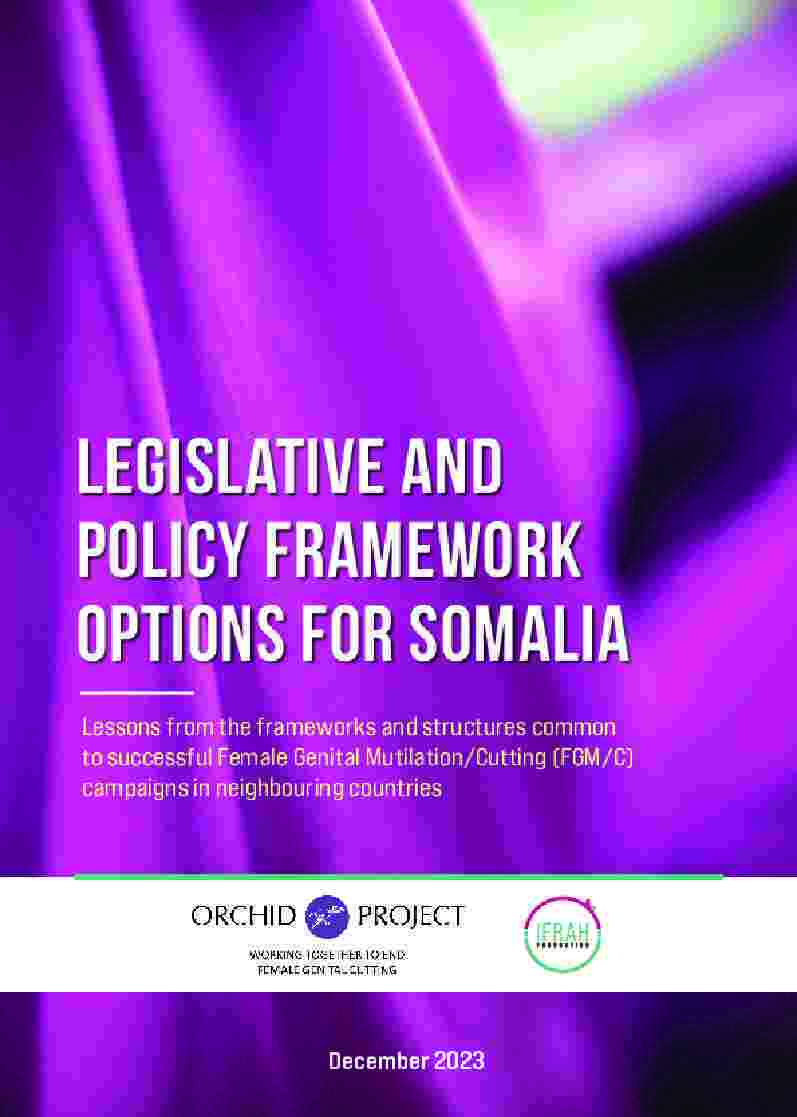
.jpg)
.jpg)
.jpg)
